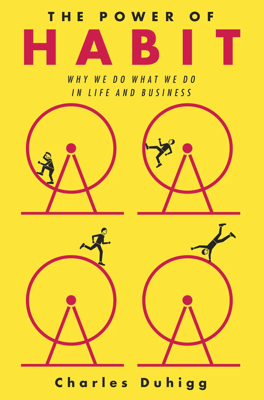The Golden Rule of Habit Change: Why Transformation Occurs
Tony Dungy, as the head coach of the Tampa Bay Buccaneers and later the Indianapolis Colts, demonstrated that changing habits in high-pressure environments, like professional sports, hinges on changing players' routines while maintaining familiar cues and rewards. His philosophy was grounded in the belief that needing fewer decisions during gameplay speeds up a player’s response time—essentially making their actions during a game automatic or habitual. Dungy’s approach capitalized on the “Golden Rule of Habit Change,” which posits that to effectively change a habit, the cue and reward must remain the same, but the routine in between needs to alter.
- Cue: Aspect of the sport that triggers the habitual behavior.
- Routine: The physical or mental action taken in response to the cue.
- Reward: The successful outcome or advantage gained by following the cue with the proper routine.
Dungy faced initial skepticism and resistance, as seen in his repeated rejections when interviewing for head coaching roles, due to his focus on habits as opposed to conventional coaching strategies. Even after adopting his methods, it took time for teams and players to trust in the system. His eventual success with the Colts, culminating in a Super Bowl win, was predicated not just on the players mastering the proposed habits but also upon the entire team collectively believing in the method, particularly during high-stress moments, such as playoff games.
Bill Wilson's Alcoholics Anonymous (AA) and its Twelve Steps also utilize a form of the Golden Rule of Habit Change by encouraging members to identify cues associated with their drinking habits and to replace the unhealthy routines (drinking) with healthier ones (attending meetings). Alcoholics Anonymous emphasizes:
- Community support: Reinforcing belief and facilitating the habit change process.
- Continuous practice: Engages members in regular habit change practices like meeting attendance and sponsor relationships.
Key Insights:
- Habit Replacement over Habit Eradication: Both Dungy’s coaching strategy and AA emphasize that bad habits cannot be extinguished but can be successfully replaced.
- Importance of Belief: Sustainable change in habits, particularly under stress, requires a strong belief that change is possible. This belief is often bolstered by supportive communities or groups.
- The simplicity of cues and routines: Dungy simplified cues and routines to ensure players could execute under pressure without succumbing to stress, paralleling AA’s focus on observable cues for drinking urges.
Dungy’s and Wilson’s cases illustrate that deep-seated habits can be changed with a strategy that alters routines without stripping away the familiar structure of the existing habit loop. Furthermore, fostering an environment of belief and support is crucial to achieving lasting habit change.
